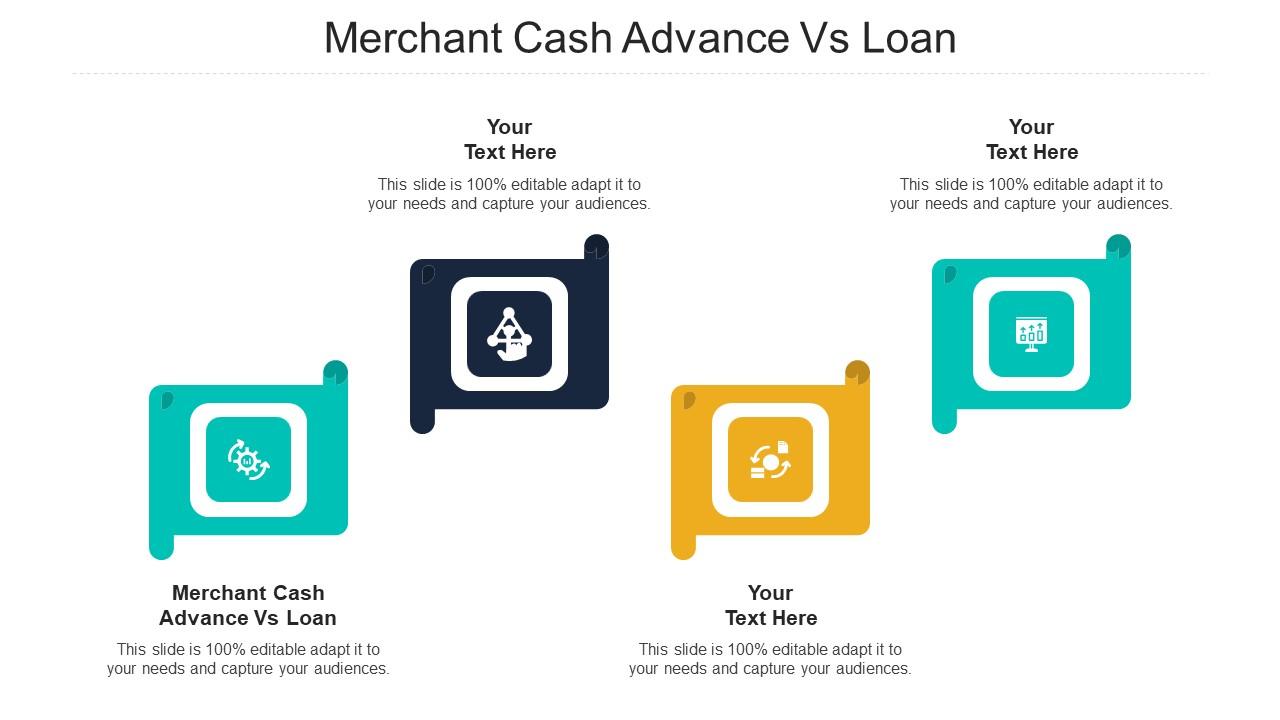- What’s the difference between house equity and money-out re-finance?
- Can it be best to has actually domestic equity otherwise cash?
- What is the disadvantage off a property equity loan?
- Try a cash-aside re-finance risky?
- Cash out refinance against home equity financing: closing thoughts
If you would like currency as well as have too much house equity built up, you might log on to into fund. Using your house as the security, you might make use of your residence equity often as a result of an earnings-out re-finance otherwise a house collateral mortgage.
But what’s the difference in an earnings-out refinance compared to home equity mortgage? Is-it far better has collateral otherwise dollars? And you will what exactly is risky in the an earnings-away refinance?
In this post, we will mention the difference in addition to diving deeper towards the for each and every choice. The following is everything you need to know about dollars-away re-finance vs house equity loan.
What’s the difference between domestic guarantee and money-away refinance?

To put it differently, household security loans try 2nd funds, when you’re cash-aside refinances try basic loans. A home guarantee mortgage is a separate financing from the mortgage and you can contributes another type of loans in Altoona fee. A cash-aside refinance, at the same time, pays off your current home loan and offer you another type of that.
A different secret improvement would be the fact a funds-away refinance will give you a much better interest. As previously mentioned, cash-away refinances is actually earliest funds, for example they will be paid down first in the truth out of bankruptcy, foreclosures, or reasoning. Due to the fact risk into financial is leaner getting very first money, often the rates of interest try all the way down too.
To better understand the distinctions and similarities between household equity and cash-out refinance, why don’t we take a closer look at each.
Cash-out refinance against household collateral mortgage: Cash-away re-finance
Whenever you are you’ll find different types of refinance, a cash-out re-finance is essentially another first mortgage. It makes you pull out in the dollars a fraction of new equity that you have built in your residence.
When you have had your property mortgage for enough time that you features situated family security, you happen to be able to do a money-away refinance. Although not, of many property owners will perform a money-aside refinance whether your property value their house has increased. Put simply, if you were to think the worth of your house has increased as the you purchased it, you will likely be able to carry out a profit-out refinance.
How a cash-aside re-finance functions

A finances-out re-finance fundamentally means you are replacement your home loan having an alternative home loan. The mortgage number on the the home loan is more than brand new loan amount you borrowed from on your latest financial. You wind up remaining the essential difference between your existing real estate loan harmony plus the fresh new loan amount, following mortgage loans is actually distributed. Notice, however, your currency you retain is actually without equity you are leaving on your property, along with other important charge and settlement costs.
Exemplory instance of cash-out re-finance Let me reveal an example. Say your home is $200,000 and you also are obligated to pay $100,000 on the home loan. For taking cash-out, you usually have to log off 20% security (in this instance, $40,000) regarding the possessions. For those who wished to re-finance your house with a new $160,000 amount borrowed, you’d located $sixty,000 (without any important charges and you may closing costs). And also this function, however, that your particular monthly payments do increase and make in the the loan amount.
Cash-aside refinance vs home guarantee mortgage: House security mortgage
Property equity mortgage are a second financing. Independent from your own mortgage, household security finance enable you to borrow on the latest collateral in your property.
